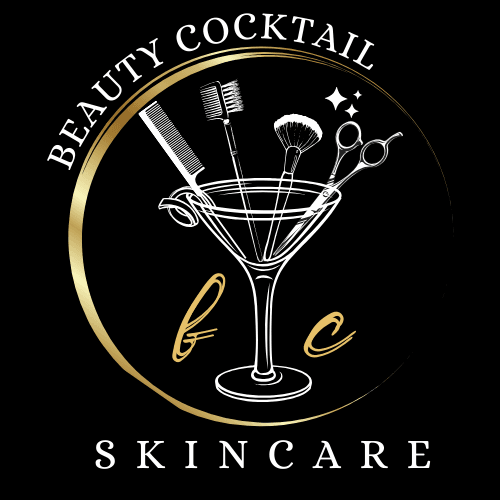How to exfoliate
How to Exfoliate Properly for Glowing Skin
Expert Tips from Beauty Cocktail Skincare in Surrey, BC
Want glowing, smooth, radiant skin? ✨ Exfoliation is one of the most important (and most misunderstood) steps in a skincare routine. When done right, it helps unclog pores, smooth texture, and boost product absorption.
In this guide, the team at Beauty Cocktail Skincare—Surrey’s trusted facial experts—explains exactly how to exfoliate your face the right way, based on your skin type and concerns.

What is Exfoliation and Why Is It Important?
Exfoliation removes dead skin cells from the surface of your skin. This reveals fresher, healthier-looking skin underneath and prevents buildup that can lead to acne, dullness, and flaky texture.

There are two main types of exfoliation:
✅ Physical Exfoliation
This uses scrubs or tools (like brushes or exfoliating pads) to manually buff off dead skin. Look for scrubs with fine, round particles—avoid anything too gritty.
✅ Chemical Exfoliation
Uses active ingredients like:
AHAs (glycolic acid, lactic acid) – great for brightening and smoothing
BHAs (salicylic acid) – ideal for acne-prone and oily skin
These dissolve the "glue" holding dead cells together, offering a deeper, more even exfoliation without the friction of scrubs.
Pro Tip: Not sure which one is right for you? Book a custom exfoliating facial at our Surrey spa, and we’ll personalize your skincare plan.
How Often Should You Exfoliate?
It depends on your skin type:
- Skin Type
- Frequency
- Oily / Acne-Prone2–3 times a week
- Dry / Sensitive
- 1–2 times a week
- Normal / Combination
- 2–3 times a week
🔺 Avoid over-exfoliating, which can damage your skin barrier and lead to redness, breakouts, or increased sensitivity.

How to Exfoliate Step-by-Step
1. Cleanse First
Start with a gentle cleans
er to remove makeup, dirt, and oil. This preps your skin so exfoliators can work better.
2. Apply the Right Exfoliator for Your Skin
For physical exfoli
ation, use gentle circular motions with minimal pressure.
For chemical exfoliation, apply an even layer and leave on as directed (no scrubbing needed).
3. Rinse & Pat Dry
Use lukewarm water to rinse thoroughly. Pat (don’t rub!) your skin dry with a clean towel.
4. Moisturize Immediately
Lock in hydration with a nourishing moisturizer or serum. If exfoliating in the AM, finish with broad-spectrum SPF 30+.
Exfoliation Mistakes to Avoid
🚫 Using harsh scrubs with large particles (like walnut shells)
🚫 Exfoliating every day or multiple times a day
🚫 Mixing too many actives (e.g., AHA + retinol)
🚫 Skipping sunscreen after exfoliation
🚫 Applying exfoliators on broken, irritated, or sunburned skin

FAQs About Exfoliation
Q: Should I exfoliate in the morning or at night?
A: Either works, but nighttime is ideal to avoid sun sensitivity—especially with chemical exfoliants.
Q: Can I exfoliate if I have sensitive skin?
A: Yes, but choose gentle exfoliants like lactic acid or enzyme-based ones. Start once a week and build up.
Q: What’s better—chemical or physical exfoliation?
A: For most skin types, chemical exfoliation is safer and more effective long-term.
Q: Can I exfoliate before a facial?
A: No need! Let our expert estheticians at Beauty Cocktail Skincare handle the exfoliation step during your treatment.
